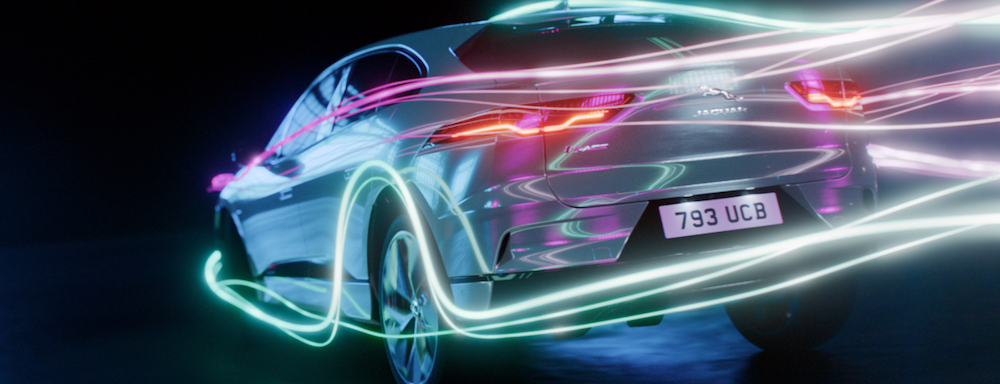 Jaguar Land Rover announced a massive investment of close to £1 billion to begin producing a range of new electric and hybrid vehicles at its Castle Bromwich plant in Birmingham.
Jaguar Land Rover announced a massive investment of close to £1 billion to begin producing a range of new electric and hybrid vehicles at its Castle Bromwich plant in Birmingham.
The investment, which safeguards thousands of jobs at the plant, comes after several turbulent months for the carmaker. In January, JLR announced 4,500 job cuts (mainly in the UK) after having slashed 1,500 jobs in 2018.
JLR said it is making the investment because the ongoing Brexit uncertainty has left the company with no choice. “…We had to act, for our employees and our business,” the company said.
“We are committed to the UK as our home and will fight to stay here but we need the right deal,” the company added.
Business Secretary Greg Clark commented on the news: “Today’s announcement is a vote of confidence in the UK automotive industry – protecting thousands of skilled jobs.
“It reflects our determination for the UK to be at the forefront of the development and manufacturing of the next generation of electric vehicles.”
The first new electric car to be produced at the plant will be Jaguar’s flagship luxury saloon, the XJ.
The automaker didn’t announce a launch date of the battery version of the XJ, but said it “will build on the characteristics synonymous with its predecessors – beautiful design, intelligent performance and revered luxury”.
JLR CEO Prof. Dr. Ralf Speth said in a statement:
“The future of mobility is electric and, as a visionary British company, we are committed to making our next generation of zero-emission vehicles in the UK.
“We are co-locating our electric-vehicle manufacture, electronic drive units and battery assembly to create a powerhouse of electrification in the Midlands.”
JLR also called on the government to work with businesses to bring giga-scale battery production to the country so that it’s less dependent on materials sourced abroad.
Prof. Dr. Ralf Speth added: “Convenience and affordability are the two key enablers to drive the uptake of electric vehicles to the levels that we all need. Charging should be as easy as re-fuelling a conventional vehicle.
“Affordability will only be achieved if we make batteries here in the UK, close to vehicle production, to avoid the cost and safety risk of importing from abroad.
“The UK has the raw materials, scientific research in our universities and an existing supplier base to put the UK at the leading edge of mobility and job creation.
The announcement is finally some good news for Britain’s automotive sector which has been battered by Brexit uncertainty.
